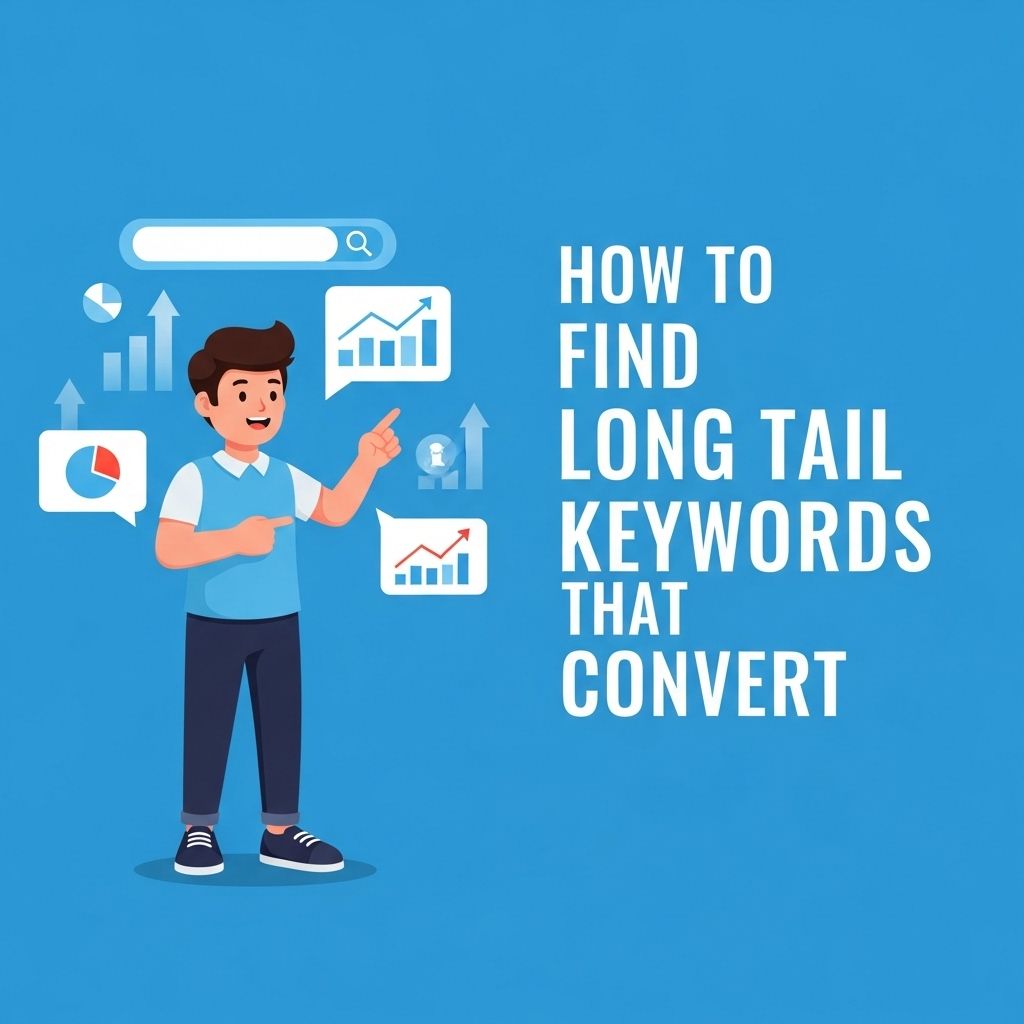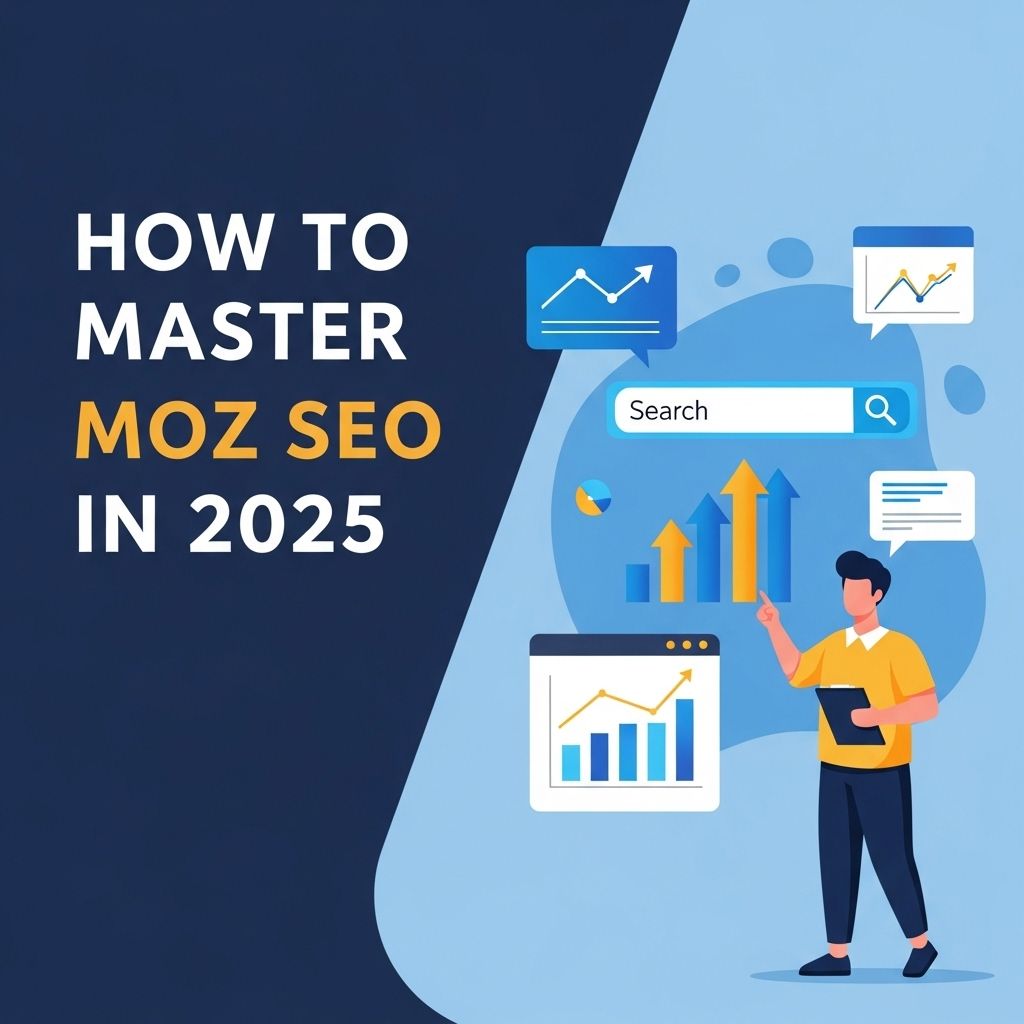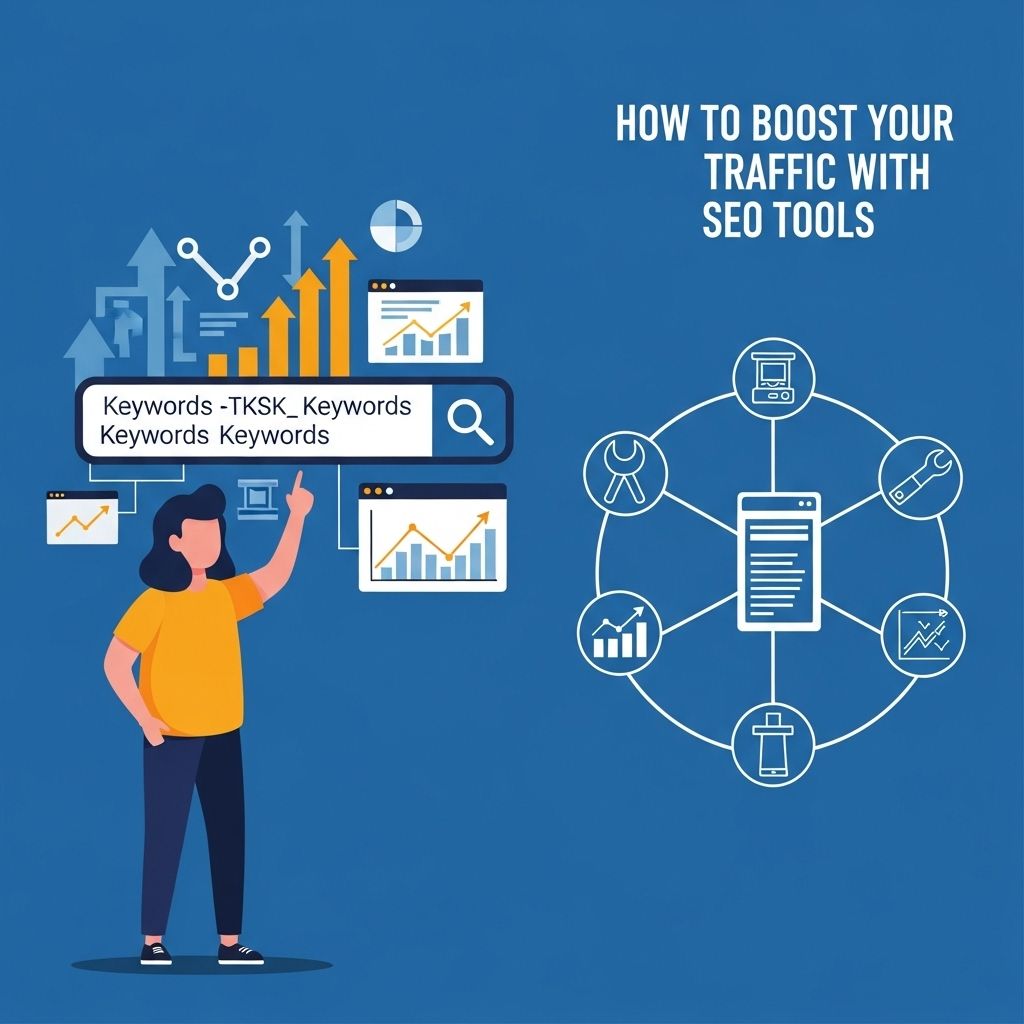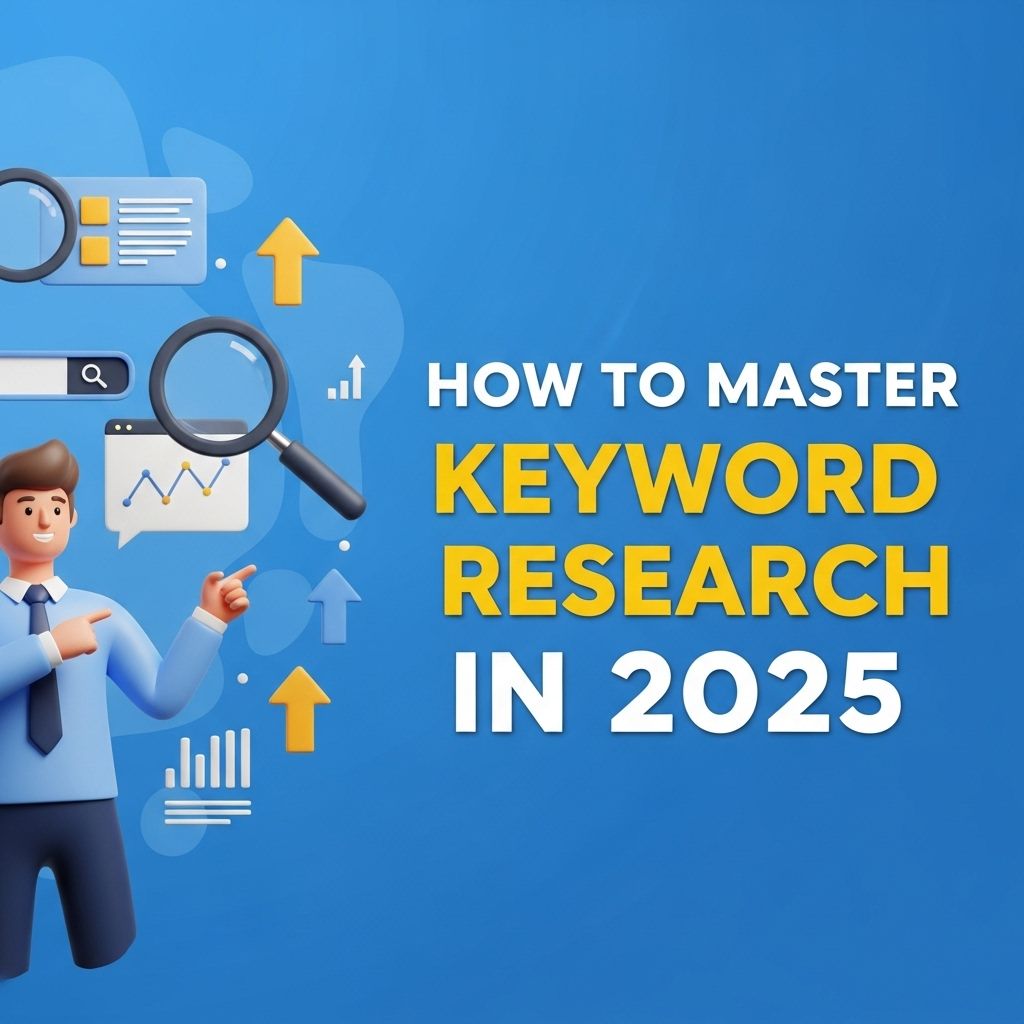Boost Your SEO with AI Keyword Clustering
Discover how AI keyword clustering can enhance your SEO strategy for 2025 and improve your website's visibility and ranking.

In the ever-evolving world of digital marketing, staying ahead of the curve is crucial for success. One of the most effective strategies for improving your SEO performance is implementing AI-driven keyword clustering. This technique not only simplifies your keyword strategy but also enhances your content creation process, ultimately leading to better search engine rankings. In this article, we will explore the principles of keyword clustering, the benefits of leveraging AI, and actionable steps you can take to incorporate this strategy into your marketing efforts.
If you’re looking to enhance your SEO strategies, leveraging AI for keyword clustering can significantly boost your online visibility. By organizing keywords into related groups, you can create more targeted content that meets user intent. For inspiration on effective visual branding, check out our 3D mockup collection.
Table of Contents
Understanding Keyword Clustering
Keyword clustering is the practice of grouping related keywords into clusters based on semantic relevance. Instead of targeting individual keywords in isolation, this method allows marketers to create comprehensive content that addresses multiple search intents. By doing so, you can:
- Boost organic traffic
- Enhance user experience
- Improve topical authority
- Increase the chances of ranking for multiple keywords
How Keyword Clustering Works
At its core, keyword clustering involves identifying a primary keyword and then grouping it with related terms and phrases. This process can be facilitated through various tools and AI algorithms that analyze search data, user intent, and competitive landscapes. The key steps in keyword clustering include:
- Keyword Research: Utilize tools like Google Keyword Planner, SEMrush, or Ahrefs to gather a comprehensive list of keywords.
- Semantic Analysis: Use AI tools to analyze and group keywords based on semantic relevance.
- Content Structuring: Plan your content around these keyword clusters to ensure comprehensive coverage of the topic.
Benefits of Using AI for Keyword Clustering
Incorporating AI into your keyword clustering process can yield several advantages:
Enhanced Data Analysis
AI algorithms can analyze vast amounts of data quickly, identifying patterns and relationships between keywords that might be missed through manual research. This capability allows for:
- Accurate Grouping: AI can cluster keywords based not just on literal meanings but also on contextual relevance.
- Competitive Insights: Gain insights into what keywords competitors are ranking for, allowing you to identify gaps in your strategy.
Time Efficiency
Manual keyword clustering can be a time-consuming process. AI automates much of this work, freeing up valuable time for marketers to focus on other critical tasks, such as content creation and strategy development.
Improved Content Quality
By targeting clusters of related keywords, your content becomes richer and more informative, meeting user needs more effectively. This can lead to:
- Lower bounce rates
- Longer session durations
- Higher conversion rates
Implementing AI Keyword Clustering in Your Strategy
To effectively implement AI keyword clustering into your SEO strategy, follow these steps:
1. Select the Right Tools
Choosing the right tools is crucial for successful keyword clustering. Some popular AI tools include:
| Tool | Description |
|---|---|
| MarketMuse | A content research platform that uses AI to suggest keyword clusters and content ideas. |
| ClusterAI | Focuses on keyword clustering and content optimization using machine learning algorithms. |
| SEMrush | Comprehensive SEO tool that offers keyword grouping features along with competitive analysis. |
2. Conduct Thorough Keyword Research
Utilize various tools to generate a vast list of keywords. Aim for a mix of:
- Short-tail keywords (1-2 words)
- Long-tail keywords (3 or more words)
3. Analyze and Group Keywords
Using AI tools, analyze the keywords and group them based on their semantic relevance. This will help in creating cohesive content that comprehensively addresses related topics.
4. Create Structured Content
Develop your content strategy based on the identified keyword clusters. Ensure that each piece of content covers:
- Primary keyword
- Secondary keywords
- Related topics and subtopics
5. Monitor Performance
After implementing your keyword clustering strategy, continuously monitor its performance. Use analytics tools to track:
- Organic traffic growth
- Keyword rankings
- User engagement metrics
Case Studies: Success Through AI Keyword Clustering
Several companies have successfully implemented AI-driven keyword clustering, resulting in significant SEO improvements. Here are a few noteworthy examples:
Case Study 1: E-Commerce Brand
A leading e-commerce brand utilized AI keyword clustering to enhance its product descriptions. By focusing on clusters related to user intent, they increased organic traffic by 40% within six months.
Case Study 2: Digital Marketing Agency
A digital marketing agency implemented a keyword clustering strategy for a client in the travel industry. They created comprehensive guides around keyword clusters, resulting in a 50% increase in engagement and a substantial rise in conversion rates.
Future of SEO and AI Keyword Clustering
As technology continues to advance, the landscape of SEO will evolve. AI will play an increasingly vital role in how keyword research and clustering are conducted. Marketers who embrace these changes will have a competitive advantage. Some potential trends to watch for include:
- Increased personalization of content
- Greater emphasis on voice search optimization
- Enhanced predictive analytics for keyword performance
Final Thoughts
AI keyword clustering is a powerful strategy that can transform your approach to SEO. By organizing your keywords into effective clusters, you can create richer content, improve user experience, and ultimately drive more traffic to your site. As we move into 2025 and beyond, embracing AI tools and techniques will be essential for staying ahead in the competitive digital landscape. Start implementing keyword clustering today, and watch your SEO efforts flourish.
FAQ
What is AI keyword clustering?
AI keyword clustering is a method that uses artificial intelligence to group related keywords together based on their semantic relevance, helping you to optimize your content strategy effectively.
How can AI keyword clustering improve my SEO in 2025?
By leveraging AI keyword clustering, you can identify content gaps, target specific audience segments, and enhance your website’s relevance, leading to better rankings and increased organic traffic.
What are the benefits of using AI for keyword research?
Using AI for keyword research automates the clustering process, saves time, uncovers hidden opportunities, and provides data-driven insights to refine your SEO strategy.
Is AI keyword clustering suitable for all types of websites?
Yes, AI keyword clustering is beneficial for any website, from e-commerce to blogs, as it helps to organize content and target the right keywords for improved visibility.
How do I get started with AI keyword clustering for my SEO strategy?
To get started, choose an AI-powered SEO tool, input your seed keywords, and let the tool generate clusters that guide your content creation and optimization efforts.
Will AI keyword clustering replace traditional keyword research methods?
While AI keyword clustering enhances traditional methods, it is best used as a complementary tool to provide deeper insights and improve overall SEO effectiveness.








